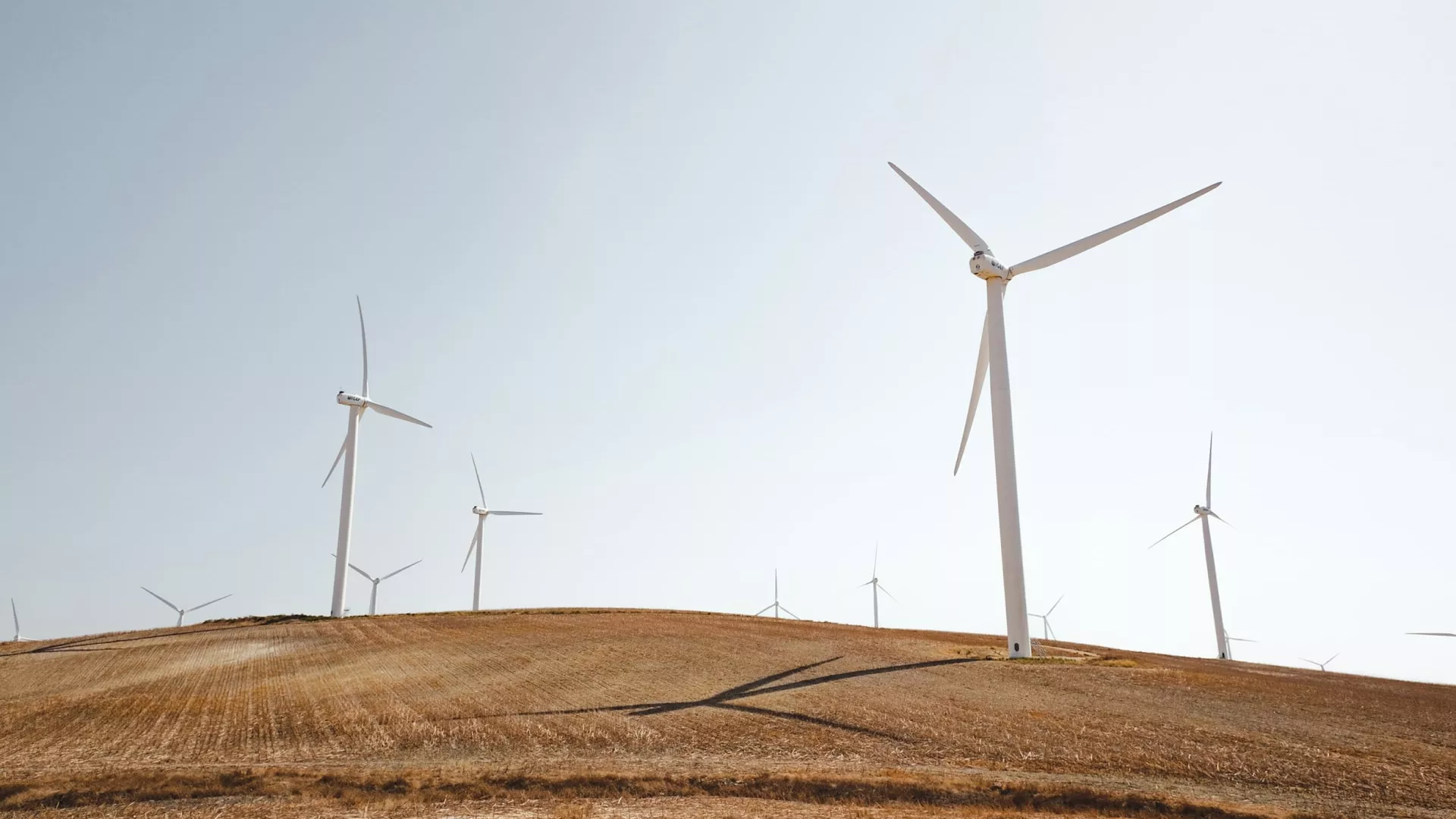
Circular economy
Circular economy for a Regenerative business
Materials have been a key driver of human progress and prosperity over the past century, powering rising living standards and economic growth. However, this progress has come at a significant cost. The linear "take-make-waste" model of the modern industrial economy is not sustainable, and it is largely powered by fossil fuels.
According to The Circularity Gap Report 2024, material handling and use are responsible for 70% of global greenhouse gas emissions. Yet, the impacts of material extraction and use go far beyond emissions. They also drive over 90% of global biodiversity loss and water stress, threatening the planet's life support systems.
The Circular Economy presents a promising solution to this challenge and plays a significant role in supporting the energy transition and ensuring the well-being of present and future generations while respecting the boundaries of our planet.
At EDP, the Circular Economy approach is extended beyond our activities, and throughout the value chain, contributing to the reduction of greenhouse gas emissions.
For us, this is the right way forward.
Total recovered waste % per year
Total waste generated
Total recovered waste
Hazardous waste recovered
Water withdrawn discharged
Total recycled waste
Our Circular Economy Strategy is built on the principles of reducing, optimizing, and recovering resources throughout our operations. The strategy emphasizes the efficient use of natural resources and integrates circular design into the business model to minimize material extraction and consumption, while enhancing waste recovery and promoting material reuse across our value chain.
Content card grid
EDP’s seven axes of action to accomplish a circular economy
Promote the reduction of inputs of resources and materials and reduction of waste outputs.
Promote solutions that extend the product lifecycle, including modular design solutions.
Integrate digital solutions that allow dematerializing processes and reducing the consumption of materials and resources
Promote the valorization of waste materials at the end of life, creating symbiosis with other sectors of activity.
Promote business models with various circularity levels in products/services, like life cycle extension and efficiency.
Promote circularity practices: replacing materials, recycled, reused: identifying circularity’s labells.
Ensure the company's responsibility for its products/materials. Influence the value chain to enhance circularity.
Our goals take place in accomplishments we set our energy and hearts on.
Content card grid
A key component of our circular economy approach is to work closely with our wide range of stakeholders. We actively engage with local communities, suppliers, NGOs, and industry experts, to understand their concerns and needs. In addition, we participate in collaborative platforms, that facilitate knowledge sharing and collaboration with other organizations, helping us to stay informed about best practices and identify potential impacts and opportunities for improvement.
Core to our strategy, we also work closely with our business partners to increase the circularity levels of the materials and equipment's used in the company activities. By enhancing supplier assessments and promoting sustainable practices within the supply chain, we can ensure that circular economy principles are embedded in the sourcing, production, and end-of-life management of materials.
- Collaboration with Thermal Recycling of Composite (R3FIBER), RECICLALIA, the LIFE REFIBRE project.
- Pilot project with the Associação Portuguesa de Energias Renováveis (APREN).
- Member of the Global Alliance for Sustainable Energy.